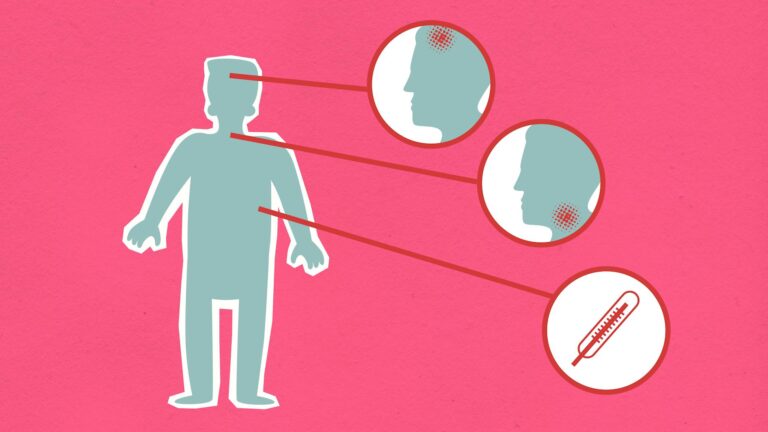Cognitive delay is a condition that affects an individual’s ability to think, remember, and problem-solve. It is a developmental disorder that is typically diagnosed in childhood, but can also affect adults. In this article, we will delve into the symptoms of cognitive delay in adults, its causes, and possible treatment options.
Symptoms of Cognitive Delay in Adults:
1. Difficulty with problem-solving and decision-making: Adults with cognitive delay may have trouble coming up with solutions to problems or making decisions. They may struggle to understand complex instructions or tasks.
2. Inability to plan and organize: Those with cognitive delay may have difficulty planning and organizing their daily activities. This can result in tardiness, missed appointments, and disorganization in their personal or work life.
3. Challenges with communication: Adults with cognitive delay may have difficulty expressing themselves verbally or understanding others. They may have a limited vocabulary and struggle to follow conversations.
4. Memory problems: Those with cognitive delay may have trouble remembering important information such as names, dates, and events. They may also struggle with short-term memory, making it difficult to learn and retain new information.
5. Poor motor skills: Individuals with cognitive delay may have difficulty with fine motor skills such as writing, typing, or using utensils. They may also have trouble with gross motor skills like coordination and balance.
6. Lack of social skills: Adults with cognitive delay may struggle to understand social cues and norms. This can lead to difficulties in forming relationships and maintaining friendships.
7. Emotional and behavioral issues: Some individuals with cognitive delay may experience mood swings, emotional outbursts, and impulsive behavior. They may also have trouble controlling their emotions and managing stress.
Causes of Cognitive Delay in Adults:
Cognitive delay can occur due to a variety of reasons, but the most common cause is a developmental disorder present from birth. Other possible causes include:
1. Genetic factors: Certain genetic conditions such as Down syndrome, fragile X syndrome, and Prader-Willi syndrome can cause cognitive delay in adults.
2. Brain injury: Traumatic brain injuries or diseases that affect the brain such as Alzheimer’s or Parkinson’s can lead to cognitive delay in adults.
3. Environmental factors: Prenatal exposure to toxins, malnutrition, and infections can lead to cognitive delay in adulthood.
4. Lack of stimulation: Not receiving adequate mental stimulation during childhood can also contribute to cognitive delay in adults.
Treatment options for Cognitive Delay in Adults:
While there is no cure for cognitive delay, there are treatment options available to help manage the symptoms and improve an individual’s quality of life. These may include:
1. Educational therapy: This type of therapy focuses on teaching adults with cognitive delay skills and strategies to improve their cognitive abilities, such as problem-solving and memory.
2. Speech and language therapy: For individuals with communication difficulties, speech therapy can help improve their language skills and ability to express themselves.
3. Occupational therapy: This type of therapy focuses on improving fine motor skills and daily living activities such as dressing, eating, and grooming.
4. Medications: In some cases, medications may be prescribed to help manage symptoms such as mood swings, impulsivity, and attention deficits.
Living with Cognitive Delay:
Cognitive delay can present challenges in an adult’s daily life, but with proper support and accommodations, they can lead fulfilling lives. Some ways to cope with cognitive delay include:
1. Creating a structured routine: Establishing a daily routine can help adults with cognitive delay stay organized and on track with their tasks.
2. Utilizing assistive technology: There are many apps and tools available that can help individuals with cognitive delay manage their daily activities, such as reminder apps or voice assistants.
3. Seeking support: It can be beneficial for individuals with cognitive delay to join support groups or seek counseling to learn coping strategies and connect with others who understand their experiences.
In conclusion, cognitive delay in adults is a condition that can significantly impact an individual’s cognitive abilities and daily life. However, with proper diagnosis, treatment, and support, individuals with cognitive delay can learn to manage their symptoms and lead fulfilling lives. If you or a loved one is experiencing symptoms of cognitive delay, it is essential to seek medical help for an accurate diagnosis and appropriate support.





